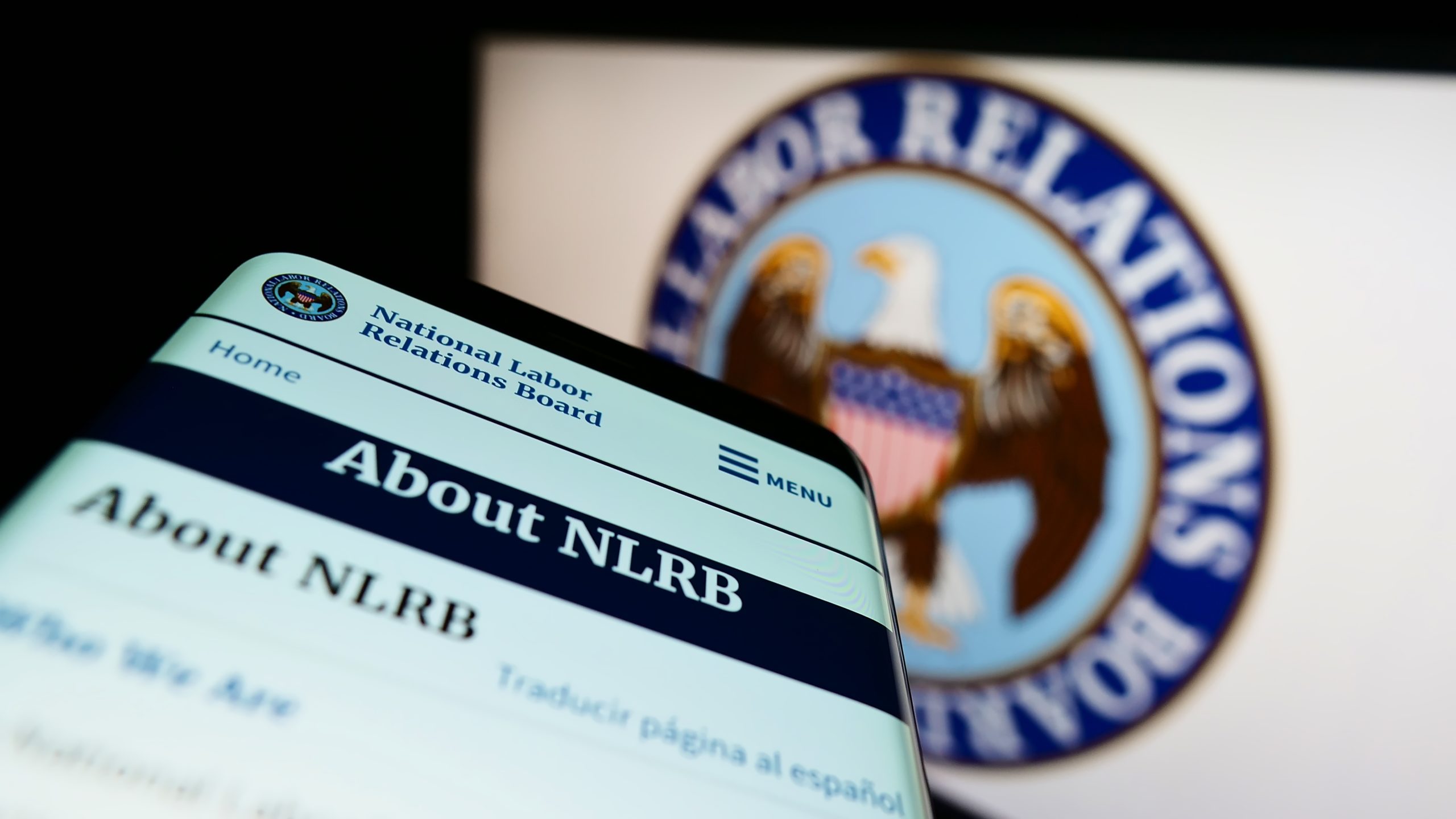The following is an excerpt from our Saturday email, which includes our musings on the latest developments impacting public employees, links to that week’s labor news, and a collection of whimsical reads for your weekend. If you’d like to receive our weekly email, you can use the sign-up form at the bottom of this page. We promise to respect your inbox, and we will never share your email address.
The National Labor Relations Board (NLRB) made a controversial decision on August 25 which could significantly affect private employees’ rights regarding union elections. Here’s what you should know about CEMEX Construction Materials Pacific LLC:
Before we delve into the implications of the recent NLRB decision, let’s start with some background. In the past, union elections typically occurred through secret ballot elections overseen by the NLRB. These secret ballots involve an anonymous voting process, accompanied by strict rules to prevent employer or union coercion.
Occasionally, unions use a method called card check. This involves counting the number of employees who sign a union authorization card and comparing it to the total employee list to determine if a bargaining unit can be formed. If a majority of employees sign an authorization card, it can lead to the formation of a bargaining unit and eventually the recognition of the union as the employees’ representative.
The main concern with card check is that it is ripe with potential for coercion and intimidation of employees by the union.
Up until the recent Cemex decision, employers could deny recognition of these authorization cards. In such cases, the union would need to petition the NLRB for a secret ballot election.
However, under the new standard set by Cemex, the responsibility to petition for a secret ballot election now rests with the employer (with a suggested 14-day time limit). If the employer fails to do so, the union will be certified based on the original card check.
Additionally, if the NLRB determines that the employer engaged in unfair labor practices during the election period, it can reject the election petition and certify the union based on card check.
So, what does all this mean? It’s now easier for private sector unions to use card check to gain a foothold in workplaces, potentially leading to an increase in coercive practices and intimidation.
Unions have already started to take advantage of this new ruling. On August 28, just three days after the decision, Trader Joe’s United became the first union to request a Cemex bargaining order—a likely sign of more requests to come.
